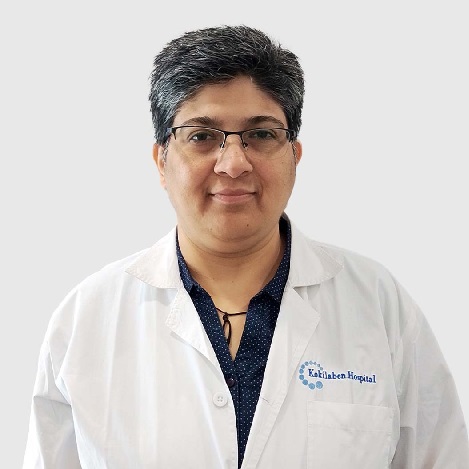The B-cell lymphoma treatment is determined by various criteria, including the cancer's subtype, stage, the patient's overall health, and personal preferences. The following are the primary treatments for B-cell lymphoma:
Chemotherapy: It is frequently used to treat B-cell lymphoma. It entails using potent medications to kill or inhibit cancer cell growth. Chemotherapy regimens vary. The subtype and stage of the lymphoma determine the medications and treatment duration.
Immunotherapy: It uses the body's immune system to fight cancer cells. Immunotherapy can be used alone or in conjunction with other treatments. It greatly improves outcomes for patients with B-cell non-hodgkin's lymphoma.
Radiation Therapy: High-energy beams are used to target and destroy cancer cells. It is frequently used to treat localized B-cell lymphoma. It can also be done as a consolidation treatment following chemotherapy.
Stem Cell Transplantation: High-dose chemotherapy and stem cell transplantation may treat certain cases of high-grade B-cell lymphoma. It is done by administering high-dose chemotherapy to kill cancer cells, followed by stem cell infusion. Stem cell transplantation replaces the damaged bone marrow and restores the immune system.
Cost of B Cell Lymphoma Treatment
The cost of B cell lymphoma in India is determined by numerous factors including the type of cancer, stage of cancer, type of treatment modality, doctor’s experience, type and location of the hospital, insurance coverage, and much more.
To know the actual cost of B cell lymphoma in India, then one must contact their healthcare provider or the table below below also provides the approximate cost of the treatment modalities used to cure B cell lymphoma.
Treatment Options | Cost Estimate Range |
Chemotherapy | ₹ 75,000 to ₹ 2,50,000 |
Immunotherapy | ₹ 80,000 to ₹ 2,25,000 |
Radiation Therapy | ₹ 60,000 to ₹ 2,00,000 |
Stem Cell Transplant | ₹ 15,00,000 to ₹ 27,00,000 |
B Cell Lymphoma Survival Rate
The survival rate for B-cell lymphoma varies based on several factors. It includes the lymphoma's subtype and stage, age, overall health, and response to treatment.
It is crucial to note that survival rates are calculated statistically based on large groups of people. Survival rates continue to rise as more effective treatments are discovered.
Approximately 65% of the people diagnosed with the most prevalent kind of B-cell lymphoma are alive and deemed cured five years following diagnosis.
The overall 5-year survival rate for diffuse large B-cell lymphoma is believed to be around 70-80%,
Follicular lymphoma has a comparatively high 5-year survival rate of 70-90%.
The aggressive B-cell lymphoma survival rate is somehow low. For instance,
Mantle Cell Lymphoma has a less fortunate 5-year survival rate, ranging between 50% and 75%.
On the other hand, Burkitt lymphoma has a 5-year survival rate of roughly 60-70% with immediate and vigorous treatment.
B Cell Lymphoma Prognosis
The prognosis for B-cell lymphoma can vary significantly based on several factors. Here are some broad variables which can affect the prognosis of B-cell lymphoma:
Subtype and Aggressiveness: The aggressiveness of different subtypes of B-cell lymphoma varies. Compared to mild subtypes like follicular B-cell lymphoma prognosis, aggressive subtypes like primary mediastinal B-cell lymphoma may have a less favorable outlook.
Disease Stage: The stage at which B-cell lymphoma is discovered substantially impacts the prognosis. Early-stage lymphoma (Stage I or II) has a better prognosis than advanced-stage lymphoma (Stage III or IV).
Treatment Response: A successful response to the first treatment can improve the prognosis.
Genetic Abnormalities: Specific genetic anomalies in B-cell lymphoma can impact prognosis.
Age and Overall Health: These factors might affect the prognosis. Patients who are younger and in better general health have better outcomes. Treatment breakthroughs, however, have improved results for elderly patients as well.


































